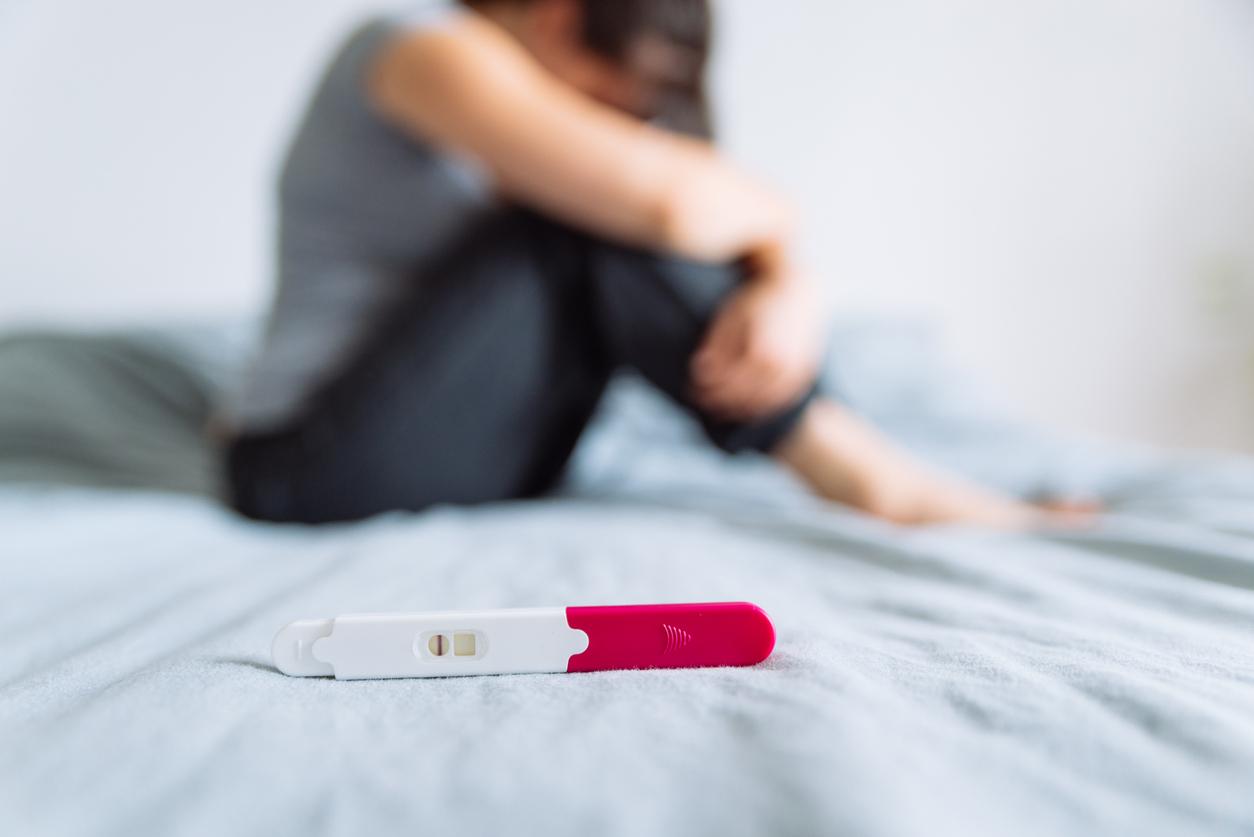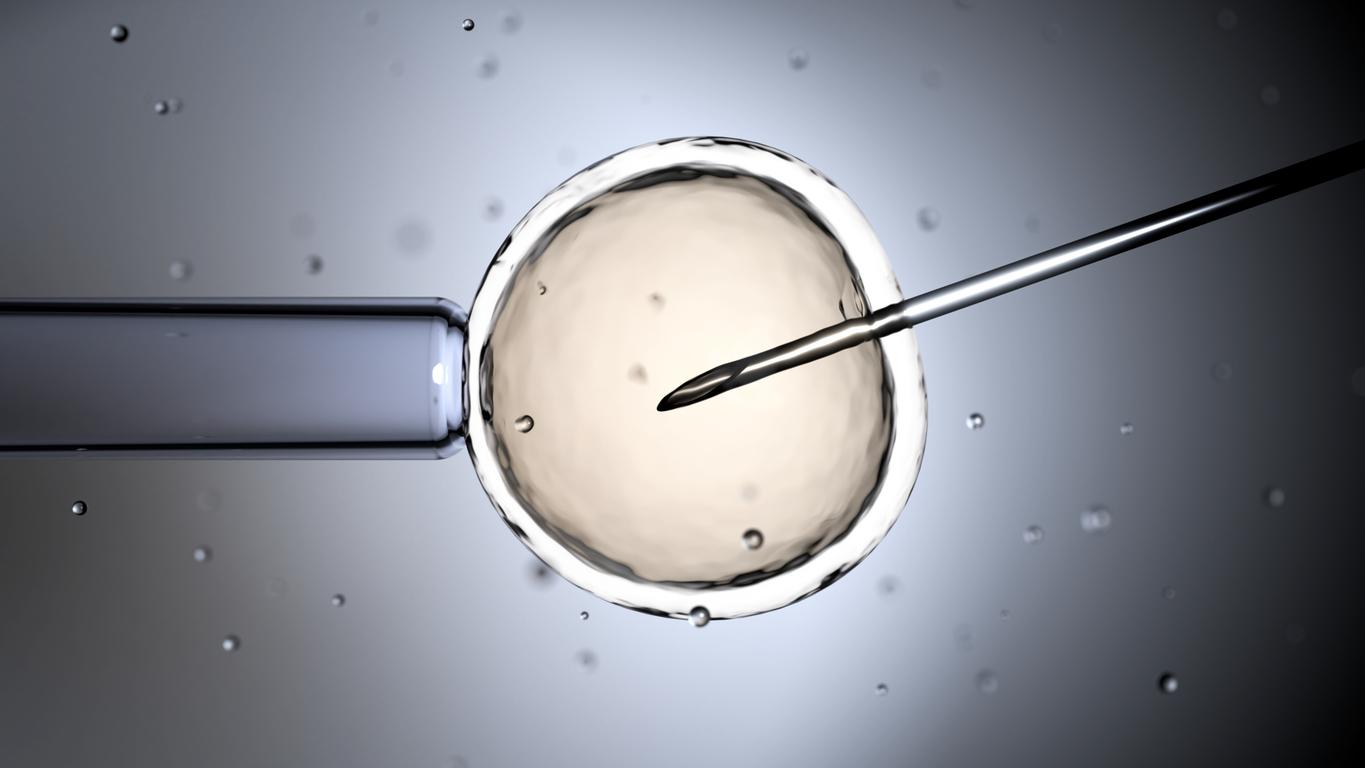New research suggests an association between certain rheumatic autoimmune diseases and reproductive problems.

- Immune-mediated diseases, the result of an imbalance in the immune system, can have negative effects on reproductive capacities, and in particular rheumatic pathologies, according to a new study.
- Researchers have noted a particularly strong association between several rheumatic autoimmune diseases – such as systemic lupus erythematosus, juvenile idiopathic arthritis and seropositive rheumatoid arthritis – and having no children at all or fewer children. .
- Among women suffering from this type of illness and having had children, it appeared in particular that the risk of preeclampsia, low birth weight, premature delivery, non-elective cesarean section or even the need for intensive care at birth birth rate was up to twice as high.
According to a new study published in the journal Rheumatology, immune-mediated diseases, the result of an imbalance in the immune system, can have negative effects on reproductive capabilities. And this is particularly true for rheumatic pathologies, a collective term which designates a multitude of acute and chronic disorders affecting the joints, muscles, tendons and/or bones.
The impact of rheumatic diseases on the number of children
To reach this conclusion, researchers from the Finnish Institute of Molecular Medicine (FIMM) at the University of Helsinki examined data from Finnish health registries and cross-referenced them with reproductive and birth rates in the country. Of all people born in Finland between 1964 and 1984, 7.9% of women and 7.8% of men had an autoimmune disease diagnosed before or during the reproductive years.
The researchers found that while most immune-mediated diseases had little impact on the number of children, some of them could increase the likelihood of not having offspring, such as Addison’s disease (+23 .9%) or anemia due to vitamin B12 deficiency (+ 8.6%). Above all, they noticed a particularly strong association between several rheumatic autoimmune diseases – such as systemic lupus erythematosus, juvenile idiopathic arthritis and seropositive rheumatoid arthritis – and the complete absence of children or a reduction in the number of children . The study also found that, on average, people with rheumatic diseases had children earlier.
Rheumatic diseases: increased risk of reproductive problems
In detail, among women suffering from this type of illness and having had children, it appeared that the risk of preeclampsia, low birth weight, premature birth, non-elective cesarean section or even need for care intensive care at birth was up to twice as high. Furthermore, men suffering from rheumatic pathologies were also more likely to be childless (+4.7%) compared to the control population, in particular those suffering from myasthenia gravis (+20.1%), the disease Addison’s disease (+ 16.4%) and vitamin B12 deficiency anemia (+ 13.7%).
“Due to an increased risk of various reproductive problems caused by rheumatic and other immune-mediated diseases […] “Family planning should be actively discussed between patients and their caregivers.”concludes researcher Anne Kerola, main author of the study, in a communicated.


















